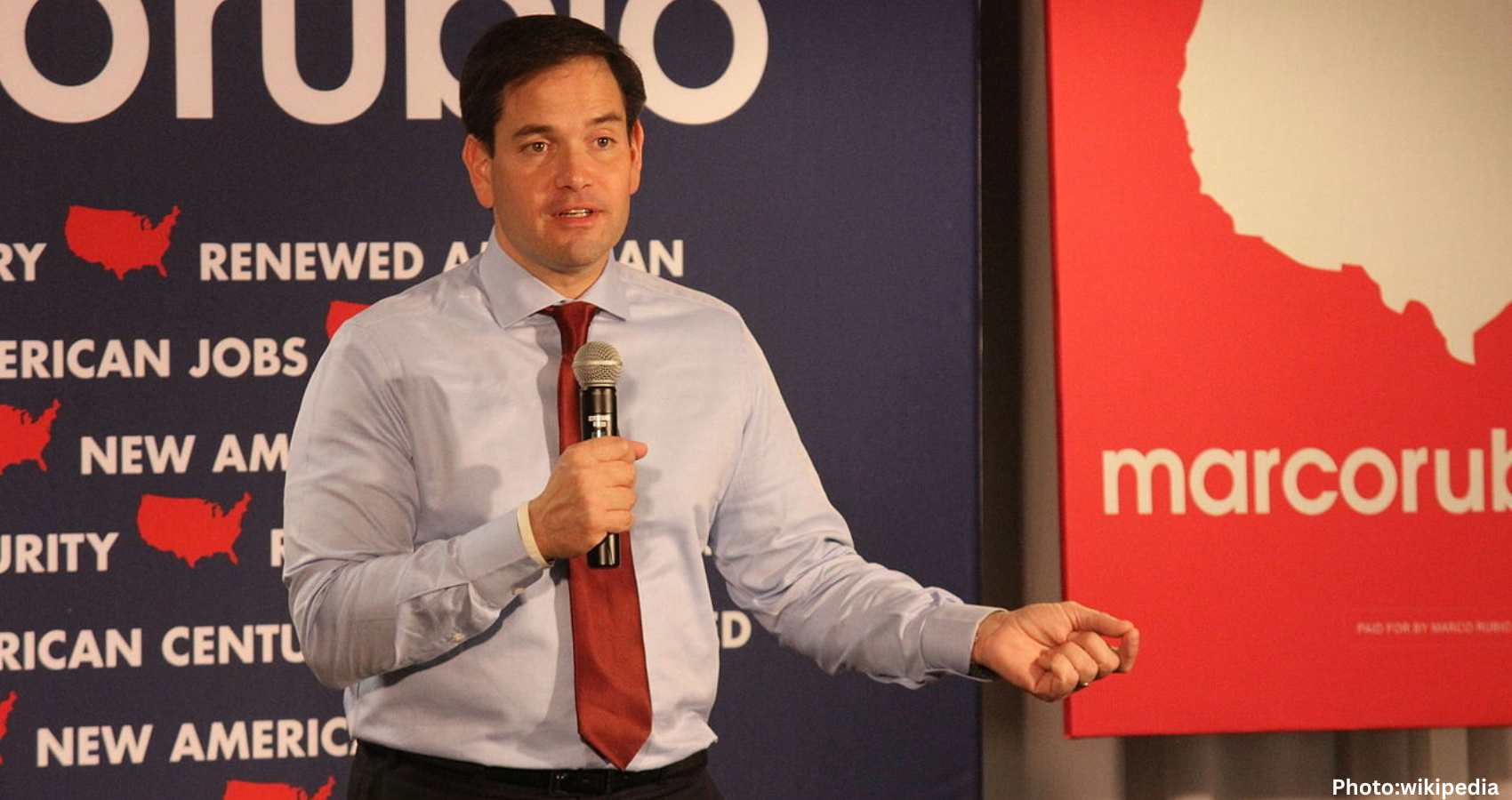U.S. Secretary of State Marco Rubio explains the rationale behind imposing tariffs on India for Russian oil purchases while sparing China, despite its significant role as a buyer of Russian oil.
U.S. Secretary of State Marco Rubio has clarified the reasons behind the United States’ decision to impose tariffs on India for its purchases of Russian oil, while simultaneously sparing China, the largest buyer of Russian oil, from similar sanctions. India faces a 50 percent tariff, which includes a 25 percent duty specifically related to its trade with Moscow.
In an interview with Fox Business, Rubio emphasized that the majority of Russian oil purchased by China is refined and subsequently sold in the global marketplace. He pointed out that imposing additional sanctions on China could inadvertently lead to higher global energy prices.
“If you look at the oil that’s going to China and being refined, a lot of that is then being sold back into Europe,” Rubio explained. He noted that European nations continue to purchase natural gas from Russia, although some are attempting to reduce their dependence on it. “There are countries trying to wean themselves off it, but there’s more Europe can do with regard to their own sanctions,” he added.
Rubio cautioned that sanctioning Chinese refiners could have disruptive consequences for global oil prices. He stated, “If you put secondary sanctions on a country—let’s say you were to go after the oil sales of Russian oil to China—well, China just refines that oil. That oil is then sold into the global marketplace, and anyone who’s buying that oil would be paying more for it or, if it doesn’t exist, would have to find an alternative source for it.”
He also mentioned that European nations, which purchase Russian oil refined in China, have expressed concerns about potential punitive measures against Beijing. “We have heard, when you talk about the Senate bill that was being proposed—where there was a hundred percent tariff on China and India—we did hear from a number of European countries—not in press releases, but we heard from them—some concern about what that could mean,” Rubio remarked.
When asked about the possibility of sanctions against Europe for its continued purchases of oil and gas from Russia, Rubio was cautious. “I don’t know about sanctions on Europe directly, obviously, but certainly there are implications to secondary sanctions,” he said. He expressed a desire to avoid a tit-for-tat situation with European nations, suggesting that they could play a constructive role in addressing the issue.
Rubio’s comments highlight the complex dynamics of international energy trade and the challenges of implementing sanctions in a way that does not exacerbate global economic conditions.
Source: Original article

